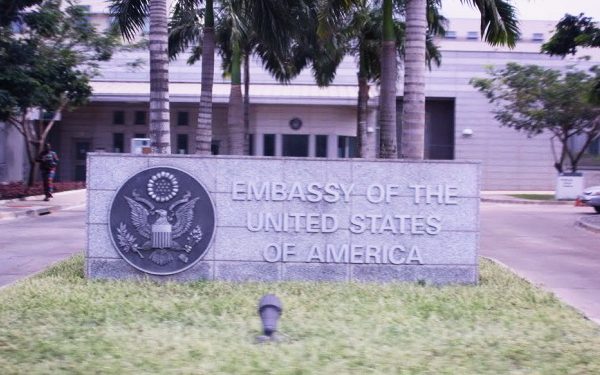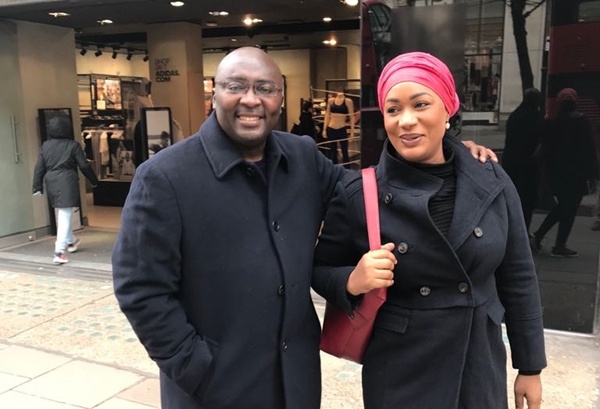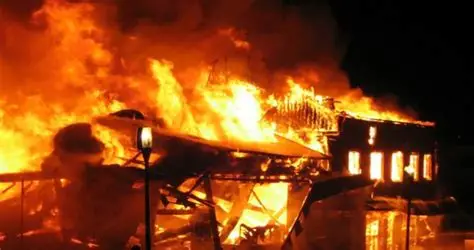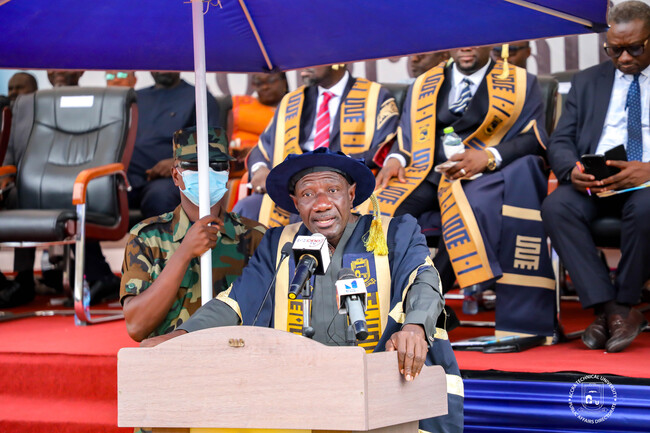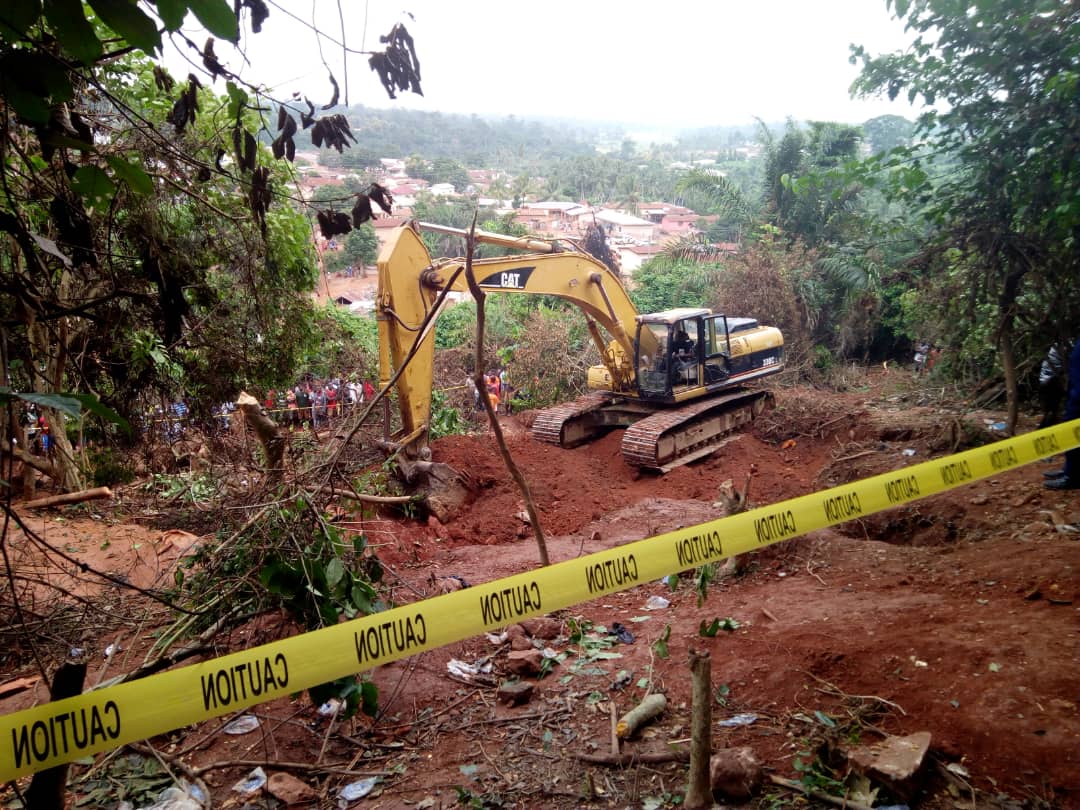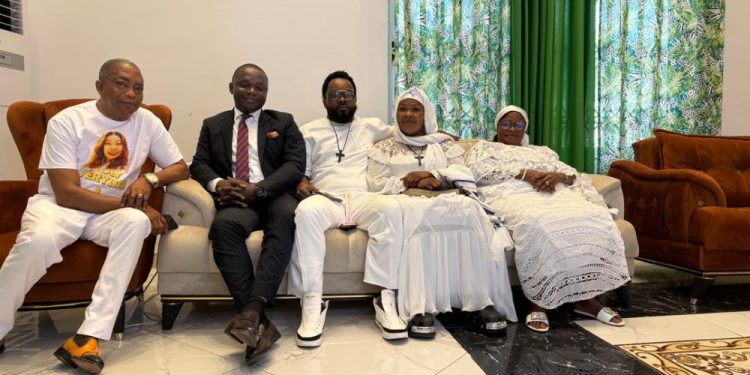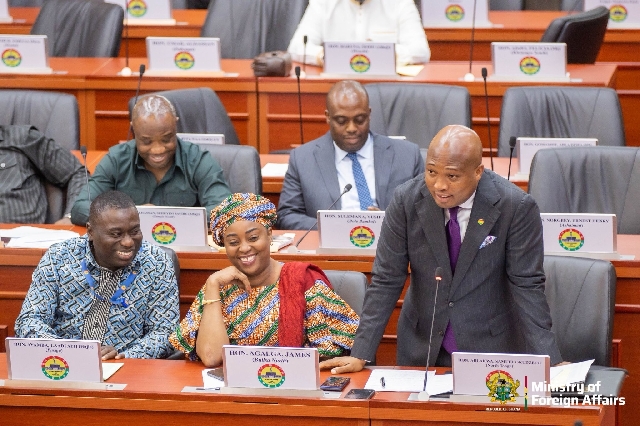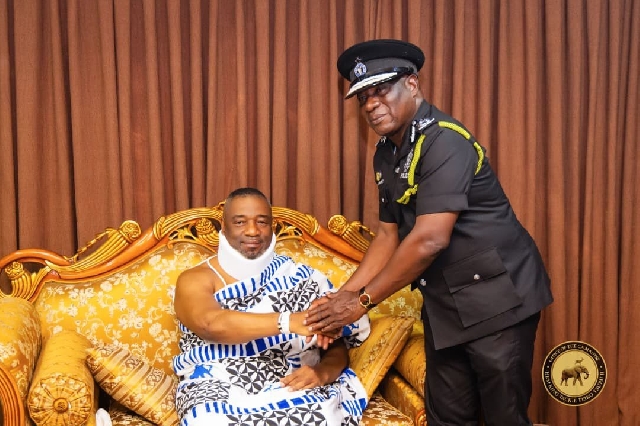At a well-attended public engagement organized by the Public Utilities Regulatory Commission (PURC), the Upper East Regional Minister delivered a candid and urgent message about the region’s persistent infrastructure challenges.
Addressing an audience of local residents, officials, and stakeholders, the Minister emphasized that access to reliable electricity and public water is not a luxury, but a crucial foundation for the region’s economic and social advancement.
“Electricity isn’t just about lighting our homes—it powers our schools, hospitals, and businesses. Without it, our communities cannot thrive or compete,” the Minister asserted.
He revealed that as of the end of February, the Upper East Region’s electricity coverage stood at just 66.5%. This figure, he noted, is far below the national average of 89%, leaving over 800 communities and sections across the region still disconnected from the national grid. The Minister described this gap as a significant barrier to progress, holding back local businesses, limiting educational opportunities, and weakening healthcare delivery.
“These numbers are more than statistics. They represent families, students, and entrepreneurs who are cut off from the opportunities that reliable infrastructure brings,” he said.
During his speech, the Minister took the opportunity to make a direct appeal to the Minister of Energy and the Green Transition. He called on them to review and address all outstanding issues related to the World Electricity Committee—a body in which many Upper East communities actively participated, but from which numerous areas have yet to see tangible benefits.
“I urge the Ministry to ensure that no community is left behind. Many of our people were promised inclusion, but the reality on the ground tells a different story,” the Minister continued.
He also highlighted the broader consequences of infrastructure exclusion, pointing out that inadequate access to electricity and water widens regional inequality and stifles the aspirations of residents. The Minister cited examples of businesses struggling to operate, students unable to study after dark, and health centers grappling with unreliable power.
The Minister praised the PURC for providing a platform where citizens’ voices could be heard and for encouraging open dialogue between government, service providers, and the public. He concluded by reaffirming his commitment to advocating for equitable infrastructure development and called for collective action to bridge the gap.
“Let’s work together to ensure that every corner of the Upper East enjoys the benefits of reliable electricity and water. This is how we build a stronger, more inclusive region,” he said.
The engagement ended with a sense of urgency and hope, as residents and leaders alike agreed that closing the infrastructure gap is vital for the Upper East’s sustainable development. The Minister’s address was a rallying cry, echoing the collective desire for progress and inclusion.
Source: Apexnewsgh.com/Ngamegbulam Chidozie Stephen

